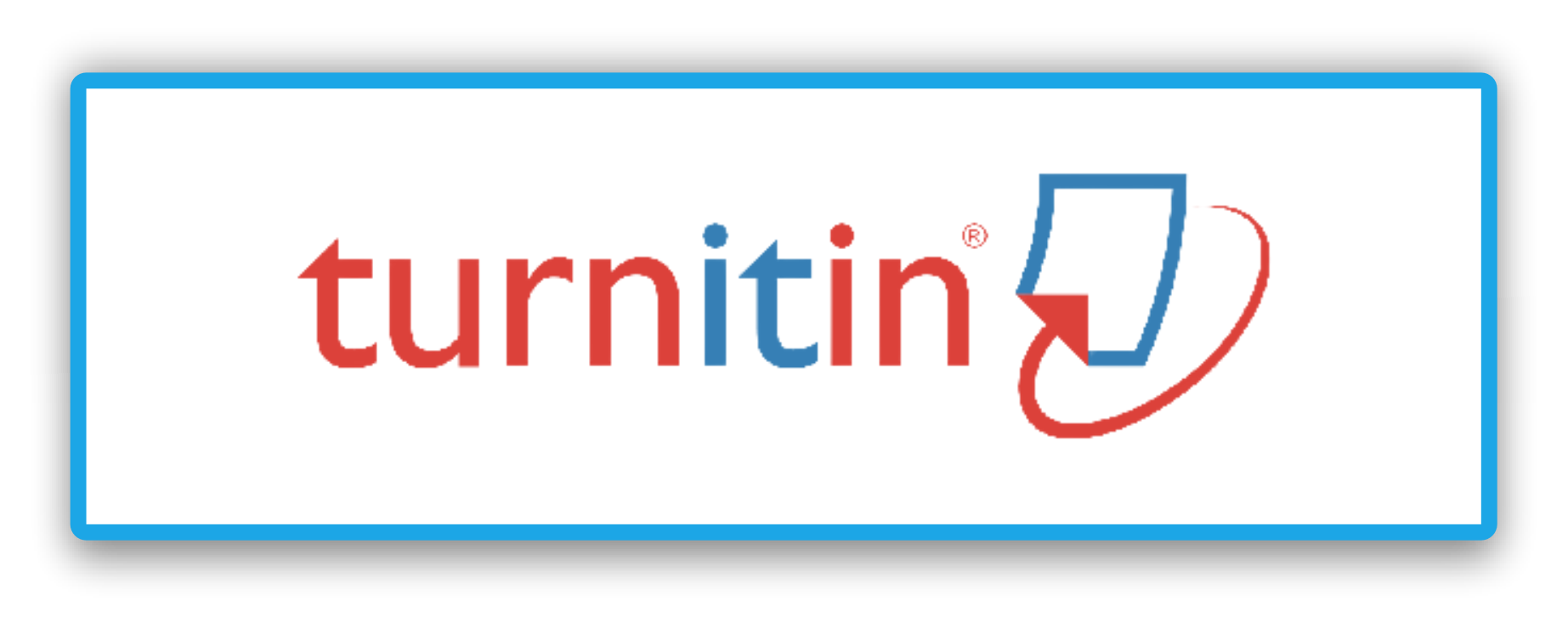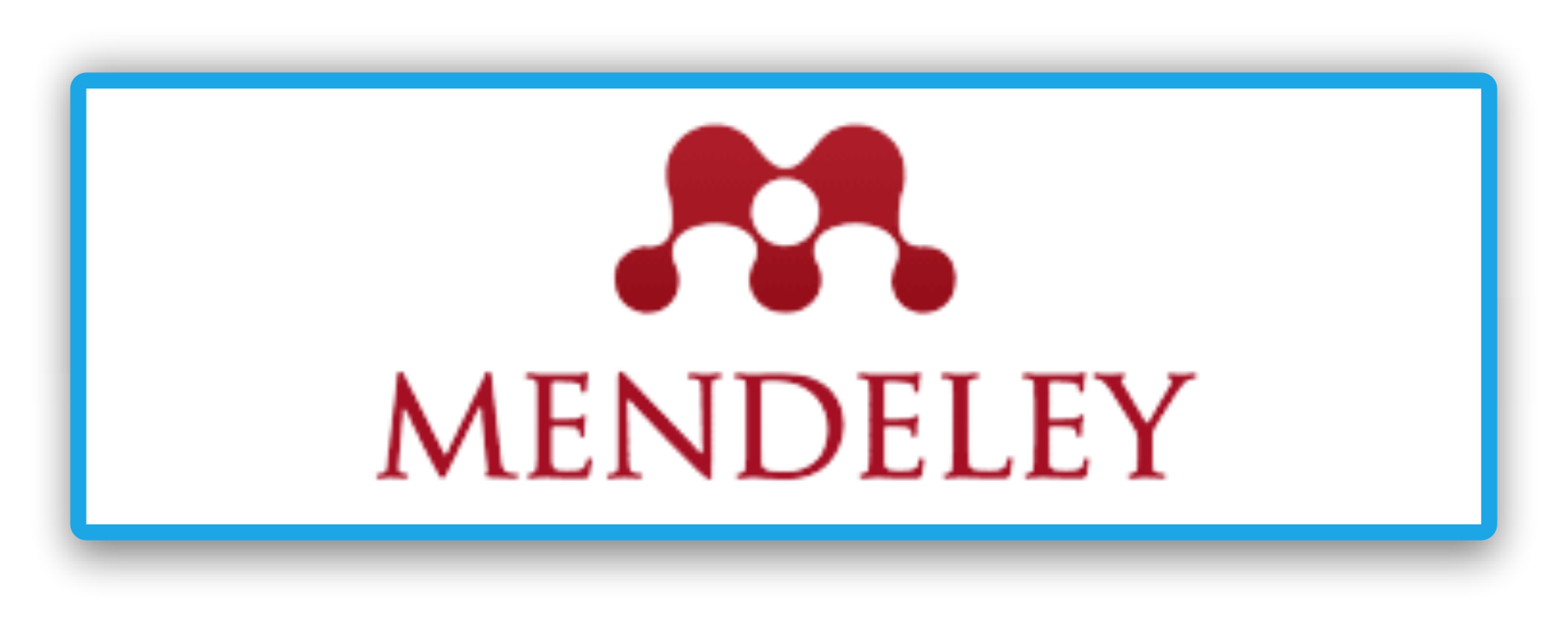Teachers' Efforts in Implementing the Merdeka Belajar Curriculum in the Aqidah Akhlak Subject to Enhance Student Creativity at MAN Kota Solok
Abstract
Full Text:
PDFReferences
Amalia, E. R., Dwi Bhakti Indri, M., Khoiriyati, S., Ummah, N., Oviani, M., Wardhani, J. K., & Umayyah, U. (2024). Bridging Educational Reform and Faith: Evaluating Kurikulum Merdeka’s Compatibility with Islamic Values in Madrasahs. Munaddhomah: Jurnal Manajemen Pendidikan Islam, 5(4), 483–500. https://doi.org/10.31538/munaddhomah.v5i4.1413
Azhar, Lahmi, A., Rasyid, A., Ritonga, M., & Saputra, R. (2020). The Role of Parents in Forming Morality Adolescents Puberty in Globalization Era. International Journal of Future Generation Communication and Networking, 13(4), 3991–3996.
Bandura, A. (1971). Social Learning Theory (Vol. 61, Issue 1). General Learning Press. https://doi.org/10.18177/sym.2020.61.1.sr.11518
Halid, L. I. (2024). Constructivist Approach to Language Learning: Linking Piaget’s Theory to Modern Educational Practice. INTERACTION: Jurnal Pendidikan Bahasa, 11(2), 306–321.
Han, W., & Abdrahim, N. A. (2023). The role of teachers’ creativity in higher education: A systematic literature review and guidance for future research. Thinking Skills and Creativity, 48, 101302. https://doi.org/https://doi.org/10.1016/j.tsc.2023.101302
Haq, H., & Wakidi. (2024). Evaluation of the Implementation of the Merdeka Belajar Curriculum in Secondary Schools in the Digital Era. International Journal of Post-Axial, 2(4), 215–228. https://doi.org/10.59944/postaxial.v2i4.391
Hikdawati, H. A., Arafat, Y., & Putra, M. J. (2024). The Influence of Merdeka Curriculum and Learning Motivation on Student’s Learning Outcomes. JMKSP (Jurnal Manajemen, Kepemimpinan, Dan Supervisi Pendidikan), 9(2), 808–819. https://doi.org/10.31851/jmksp.v9i2.14206
Kerimbayev, N., Umirzakova, Z., Shadiev, R., & Jotsov, V. (2023). A student-centered approach using modern technologies in distance learning: a systematic review of the literature. Smart Learning Environments, 10(1), 61. https://doi.org/10.1186/s40561-023-00280-8
Langford, P. E. (2005). Vygotsky’s Developmental and education psychology. Psychology Press.
Limbu, S. (2024). Fostering Peer Evaluation and Cognitive, Affective, and Psychomotor (CAP) Domains in School Level Science Education: A Critical Reflection on the STEAM Approach. International Journal of Research in Education and Science, 10(2), 446–472. https://doi.org/10.46328/ijres.3403
Lisawati, L. (2020). Comparative Study of Islamic Religious Education (PAI) Leraning Management at Elementary School. WARAQAT: Jurnal Ilmu-Ilmu Keislaman, V(2), 45–59. http://www.journal.assunnah.ac.id/index.php/WRQ/article/view/114
Moore, N., Coldwell, M., & Perry, E. (2021). Exploring the role of curriculum materials in teacher professional development. Professional Development in Education, 47(2–3), 331–347. https://doi.org/10.1080/19415257.2021.1879230
Mustakim, M., Sidik, & Komaruddin. (2023). the Implementation of Authentic Assessment To the Learning Aqidah Akhlak At Ma Alkhairaat Biromaru , Sigi District. Proceeding of International Conference on Islamic and Interdisciplinary Studies (ICIIS), 2023, 2010, 1–5.
Negi, S. (2020). Constructivist approach of Vygotsky for innovative trends in learning and teaching. International Journal of Advanced Academic Studies, 2(1), 349–353. https://doi.org/10.33545/27068919.2020.v2.i1f.662
Nurdin, N., Anhusadar, L., Lubis, M., Hadisi, L., & Rijal, M. (2024). Beyond the Chalkboard: Digital Innovations in Islamic Learning Through Interactive Powerpoint. Jurnal Ilmiah Peuradeun, 12(3), 1099–1128. https://doi.org/10.26811/peuradeun.v12i3.1637
Piaget, J., & Inhelder, B. (2000). The Psychology of the child (Vol. 11, Issue 1). Presses Universitaires de France. http://scioteca.caf.com/bitstream/handle/123456789/1091/RED2017-Eng-8ene.pdf?sequence=12&isAllowed=y%0Ahttp://dx.doi.org/10.1016/j.regsciurbeco.2008.06.005%0Ahttps://www.researchgate.net/publication/305320484_SISTEM_PEMBETUNGAN_TERPUSAT_STRATEGI_MELESTARI
Ritonga, M., Ritonga, A. W., Oktavera, H., & Desrani, A. (2024). Islamic Education Interventions in Children : Study Using the Al-Qur ’ an Approach Received : Revised : Accepted : JIE JOURNAL OF ISLAMIC EDUCATION, 9(2), 541–562. https://doi.org/10.52615/jie.v9i2.413
Yusuf, M., Ritonga, M., & Mursal, M. (2020). Implementasi Karakter Disiplin dalam Kurikulum 2013 Pada Bidang Studi PAI di SMA Islam Terpadu Darul Hikmah. Jurnal Tarbiyatuna, 11(1), 49–60. https://doi.org/10.31603/tarbiyatuna.v11i1.3437
Zhang, X., Zhang, B., & Zhang, F. (2023). Student-centered case-based teaching and online–offline case discussion in postgraduate courses of computer science. International Journal of Educational Technology in Higher Education, 20(1), 6. https://doi.org/10.1186/s41239-022-00374-2
DOI: https://doi.org/10.31869/ruhama.v8i1.6523
Article Metrics
Abstract view : 0 timesPDF - 0 times
Refbacks
- There are currently no refbacks.

This work is licensed under a Creative Commons Attribution-ShareAlike 4.0 International License.
INDEXED BY :
Pascasarjana UM Sumatera Barat
Jl. Pasir Kandang No.4, Pasie Nan Tigo, Kec. Koto Tangah, Kota Padang, Sumatera Barat 25586.
 This work is licensed under a Creative Commons Attribution-ShareAlike 4.0 International License.
This work is licensed under a Creative Commons Attribution-ShareAlike 4.0 International License.












